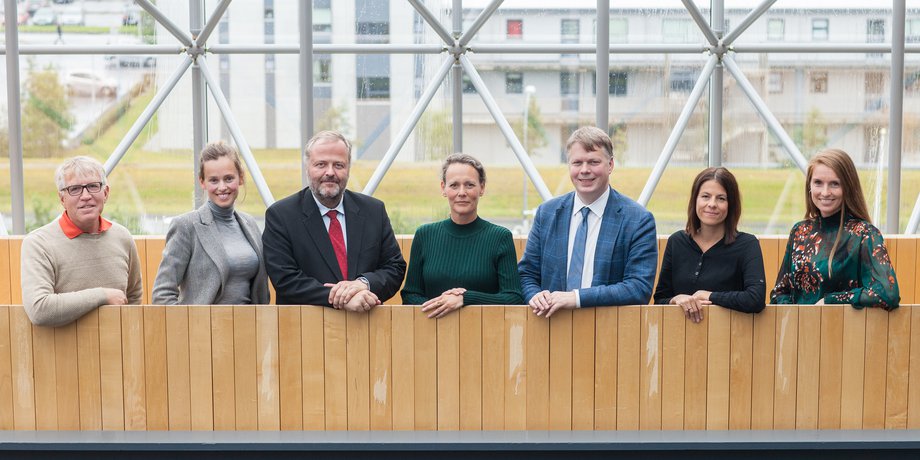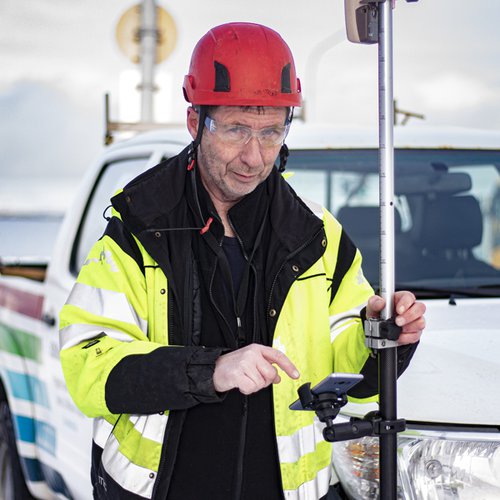Reykjavik Energy's policy is to issue open calls for tender for the purchase of goods, services and construction work, and to accept the most favourable offers. Otherwise private requests for tenders shall be made, mostly through invitations for bids, direct contracts or direct procurement. The favourableness of offers is often evaluated on the basis of more factors than price. These include, among others, safety and environmental issues and there are provisions in the tender documents to avoid the constant changing of National ID numbers by certain companies.
There is an effort to fully utilise materials that have been purchased or are in stock or to sell them off. There was a good usage of older inventories in 2018 and the stock position for goods that were older than two years decreased by 27% between years.
Reykjavik Energy has laid down joint liability in its work contracts with a view to protecting the rights of the employees of contractors and their sub-contractors. Evaluations of contractors are based on their performance in security and environmental issues as well as the quality of their work and reporting. If a contractor’s performance is deemed unsatisfactory in the evaluation, the transaction is halted, at least temporarily.
Eco-friendly labels are favoured in the procurement of operational goods, such as paper and detergents, for example. About 55% of the procurement in 2019 of photo-copying paper, envelopes, printed material, detergents, stationery and printing cartridges carried eco-friendly labels. Printing and photocopying is controlled and has contracted by 40% since 2015, see annex.
The Reykjavik Energy Group has not screened its suppliers according to environmental indicators. The companies do not have any assessments of the potential or real risks posed by the negative environmental impact of their supply chain or responses to those impacts.
In 2019, there were no cases of a bid being rejected on suspicion of an abusive change of national ID number nor because of an unsatisfactory result in the evaluation of a contractor. In 2017, a bid for one project was halted in accordance with Reykjavik Energy’s measures against the abusive changing of a national ID number.




















